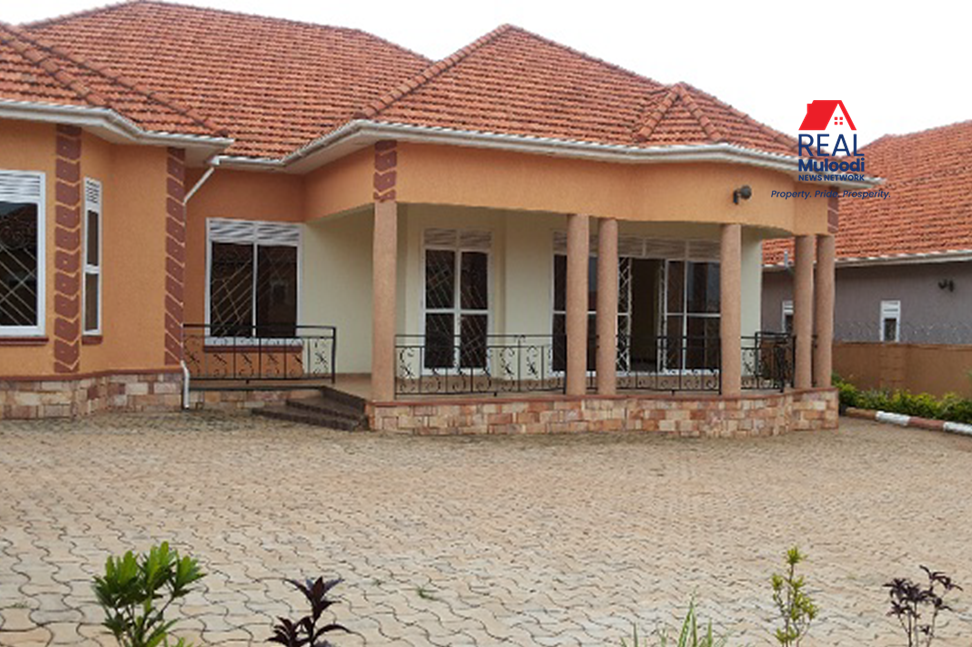UGANDA, Kampala | Real Muloodi News | Noise pollution has become a significant concern for homeowners and tenants. The problem is especially prevalent in urban areas, where people live near each other, and commercial activities such as clubs, churches, and construction sites emit high levels of noise.
In this article, we explore some practical ways to deal with noise pollution, according to experts in the real estate industry, authorities, and lawyers.
For Yiga, an electrician and landlord in Kawempe Ttula, Wakiso District, noise pollution was a severe challenge. He had built five rental units, hoping to collect a million every month in rent.
However, the units remained vacant for a whole year because of the noise from a neighbouring church. The tenants could not stand the noise that covered the neighbourhood day and night.
He tried to talk to the pastor, but his efforts were in vain. Even the local council chairman could not help. It was not until the COVID-19 lockdown when churches closed that the neighbours got relief.
Similarly, in Najeera, residents complain of a bricklaying site that works day and night, emitting noise and vibrations from the machines, making it impossible for them to find peace, even on weekends.
Claire Ampaire, a landlord in Kiwatule, appeals to people to be responsible and considerate. She argues that noise pollution violates people’s right to a peaceful environment, and everyone deserves a quiet environment.
Haji Yasin Bakaluba Sekimwanyi, a real estate developer with Bakaluba Properties, advises landlords to include stringent rules against noise pollution in the tenancy agreement. The agreement should highlight that tenants should respect the rights of others. For example, those who play loud music or inconvenience others should be evicted if they fail to comply.
The landlord should first warn the tenant verbally, and if they don’t change, they should write to them to vacate the house. If they remain adamant, the landlord should seek legal redress.
But what if homeowners make disturbing noise for their neighbours? In that case, Bakaluba advises talking to the one making noise. He advises being calm while explaining to them why their actions are bothering you. If they don’t change, report the matter to the local council. If they fail to help, escalate it to the divisional authorities. If the council doesn’t help, sue the neighbour. The law is there to protect you.
According to Willy Mutebi, a Ugandan living in London, concerts should be in halls that are soundproofed. He notes that this is the trend in Europe, where they have spent more than three centuries without noise pollution.
He adds that if an event is organised in an open area, there should be enough space to cool off the sound, and tests have to be done to ensure that the noise doesn’t inconvenience neighbours.
To measure the amount of noise one is omitting, Mutebi advises downloading a noise meter app. It shows the noise levels in decibels.
David Luyimbazi, Kampala Capital City Authority (KCCA) Deputy Executive Director, advises tenants and homeowners who are affected by noise pollution to report the perpetrators to relevant authorities. He emphasises that it’s their right to live in a peaceful environment and encourages them not to be silenced.
When KCCA receives a complaint, they write to the perpetrator warning them against breaching the noise pollution regulations. If they remain adamant, they serve them with a notice to sue, and if they refuse to comply, they sue them.
Barefoot Lawyers Uganda also encourage those living near noisy clubs, churches, mosques, and construction sites to take legal action against noise pollution. They suggest that individuals affected by noise should first try to resolve the issue by speaking to the responsible parties calmly and respectfully. If this approach does not work, they should escalate the matter to the relevant authorities, such as NEMA, the local council, or the police.
The National Environment Management Authority (NEMA) has set specific regulations regarding noise pollution in Uganda.
According to the NEMA Noise Standards and Control Regulations of 2003, the permissible noise levels are 40 decibels (dB) for residential areas, 60dB for commercial areas, and 75dB for industrial areas.
However, before the COVID-19 lockdowns, many churches, clubs, and concerts had decibel levels that were much higher than these thresholds.
If noise pollution becomes unbearable, individuals should contact NEMA, the nearest police station, or local authorities like KCCA. If the noise persists despite these efforts, the affected parties have the option to sue those responsible.
READ MORE LIKE THIS:
Soundproofing: Construction Methods and Materials for Noise Control



